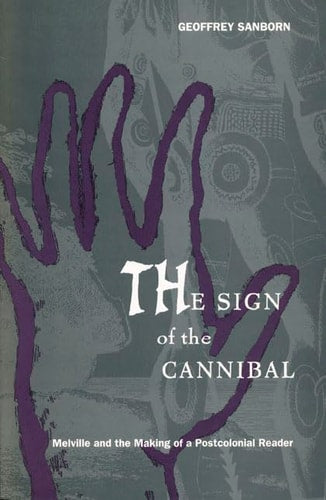The Sign of the Cannibal: Melville and the Making of a Postcolonial Reader (New Americanists)
The Sign of the Cannibal: Melville and the Making of a Postcolonial Reader (New Americanists)
Geoffrey Sanborn
Subjects: Melville, Herman, 1819-1891 -- Political and social views.,Imperialism in literature.,Literature and anthropology -- United States -- History -- 19th century.,Authors and readers -- United States -- History -- 19th century.,Books and reading -- United States -- History -- 19th century.,Postcolonialism in literature.,Cannibalism in literature.,Reader-response criticism.,Colonies in literature.,Postcolonialism.
Description
Description
Sanborn focuses on the representations of cannibalism in three of Melville’s key texts—Typee, Moby-Dick, and “Benito Cereno.” Drawing on accounts of Pacific voyages from two centuries and virtually the entire corpus of the post-Enlightenment discourse on cannibalism, he shows how Melville used his narratives to work through the ways in which cannibalism had been understood. In so doing, argues Sanborn, Melville sought to move his readers through stages of possible responses to the phenomenon in order to lead them to consider alternatives to established assumptions and conventions—to understand that in the savage they see primarily their own fear and fascination. Melville thus becomes a narrator of the postcolonial encounter as he uncovers the dynamic of dread and menace that marks the Western construction of the “non-savage” human.
Extending the work of Slavoj Zizek and Homi Bhabha while providing significant new insights into the work of Melville, The Sign of the Cannibal represents a breakthrough for students and scholars of postcolonial theory, American literary history, critical anthropology, race, and masculinity.
Details
Details
Publisher/Supplier: Duke University Press Books
Date Published: 1998-08-07
Binding: Paperback
ISBN: 0822321181
Language: en
Pages: 272
Length: 5.91 inches,Width: 0.82 inches,Height: 9.25 inches
44 in stock


